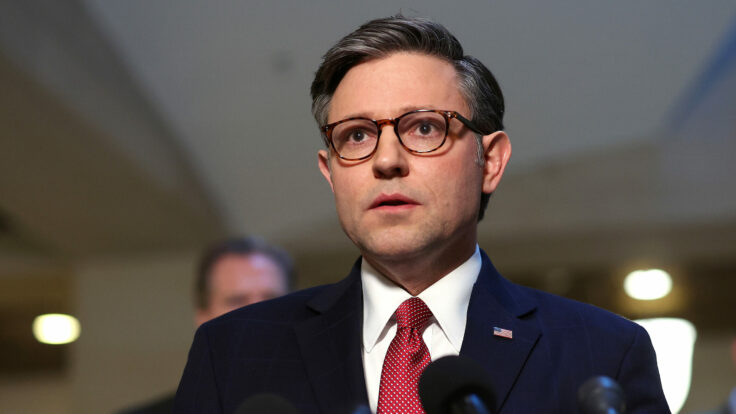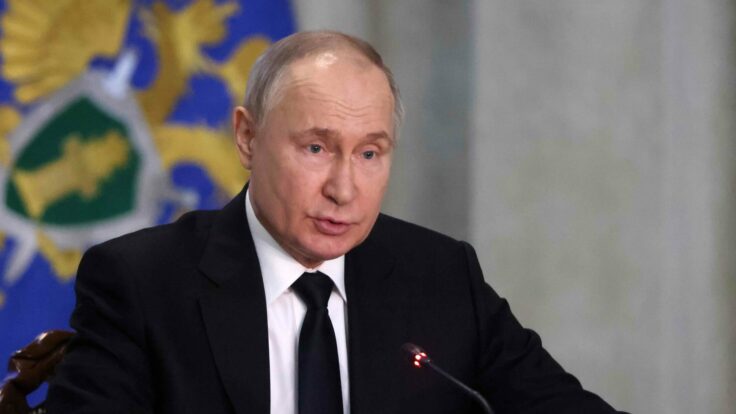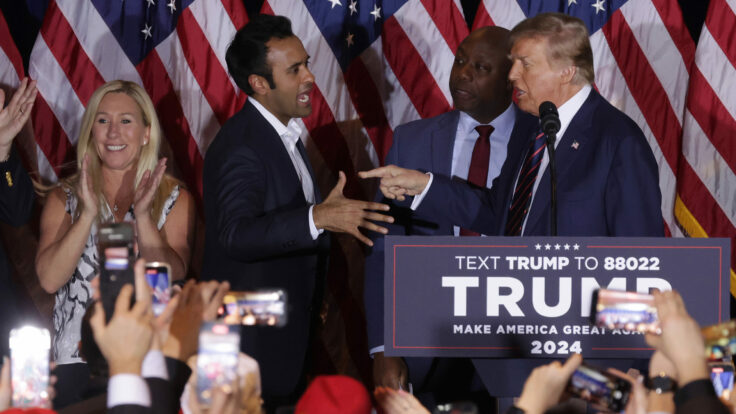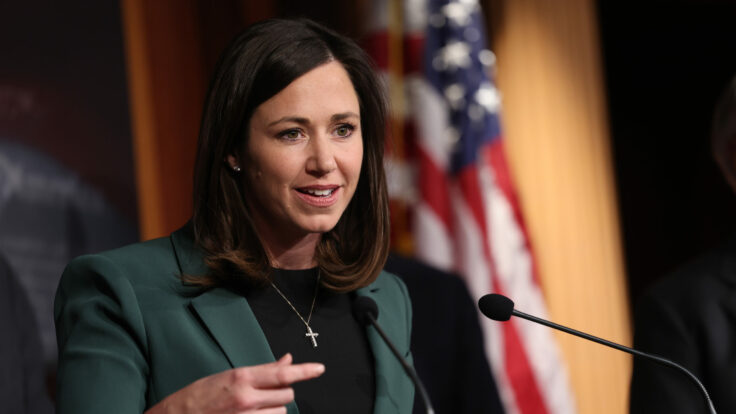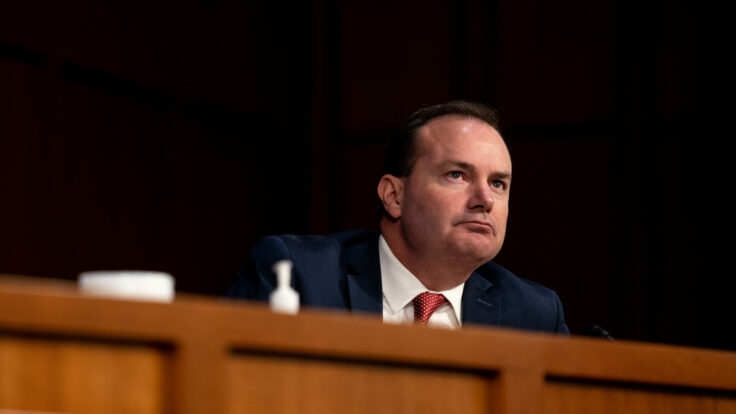By his count, French President Emmanuel Macron has spent some 100 hours on the phone with his Russian counterpart during the last six months. “I have lost count of the conversations I have had with Vladimir Putin since December,” Macron said recently. And yet, Macron has little to show for all that effort. Putin is not backing down. In fact, his armies now occupy 20 percent of Ukraine and his spokesman continues to insist that the special military operation will continue until its goals are achieved. The Kremlin is working feverishly to incorporate occupied Ukrainian territory into the Russian Federation.
Still, Macron is eager to find a negotiated settlement to the war, which is now in its fourth month. He is not alone in this pursuit. In his corner is a motley crew that includes Germany’s chancellor Olaf Scholz; many on the American left, like commentator Peter Beinart; and even Henry Kissinger, who said out loud what many in this camp of self-described realists had been starting to whisper privately: it’s time for Ukraine to cede territory in exchange for peace with Russia.













